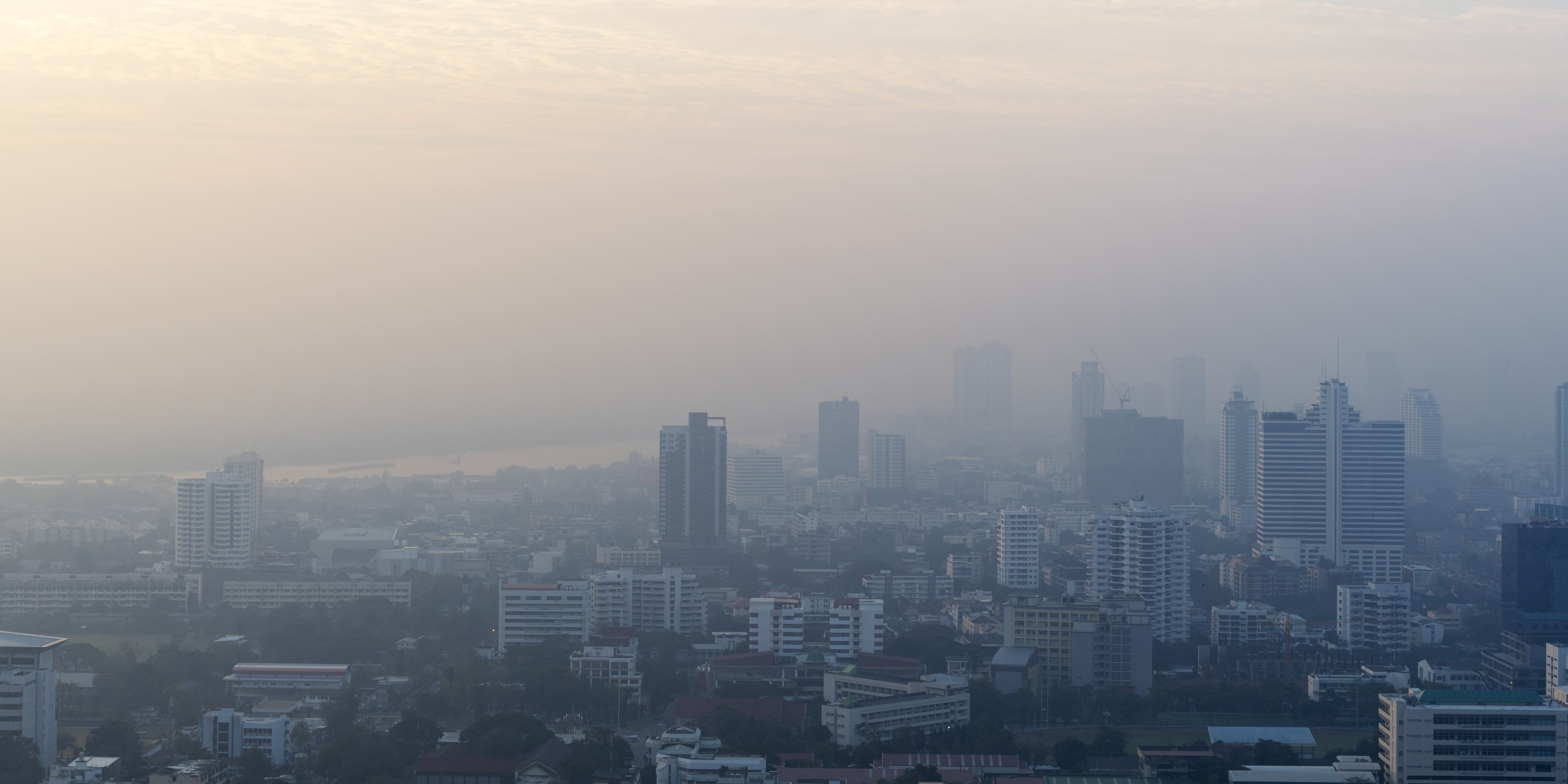16 September 2025 at 12:06 am IST
Saudi Arabia and the UAE positioned themselves at the forefront of sustainable luxury tourism, showcasing projects that blended ecological responsibility with premium hospitality. In Saudi Arabia, initiatives such as Habitas AlUla had set new benchmarks by integrating regenerative design principles, using solar energy, and applying innovative water conservation systems. These efforts not only reduced the ecological footprint but also created immersive guest experiences rooted in natural heritage and cultural authenticity. The UAE similarly advanced its vision for green tourism, aligning luxury destinations with renewable energy adoption, circular economy practices, and community empowerment. Resorts and eco-projects focused on restoring ecosystems, building resilience against climate change, and promoting food and water security while continuing to attract international travelers seeking unique, responsible experiences. Experts and stakeholders highlighted that while these initiatives marked a bold step forward, they also underscored the need for vigilance against greenwashing. True sustainability, they stressed, demanded long-term commitments that extended beyond energy efficiency to include biodiversity restoration, ecosystem regeneration, and meaningful support for local communities. Together, these projects demonstrated how the Gulf could redefine tourism by aligning prosperity with environmental stewardship and social responsibility.

